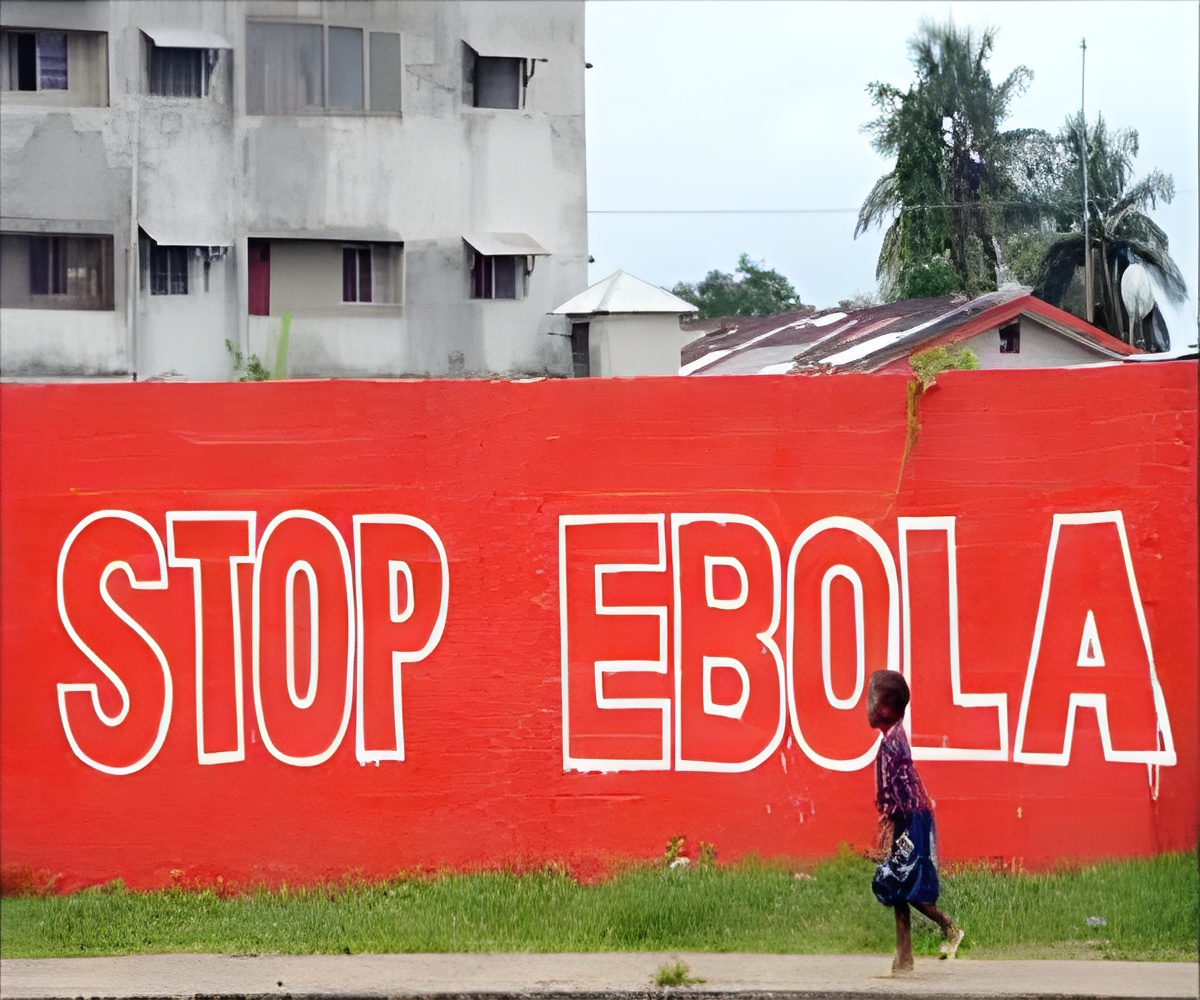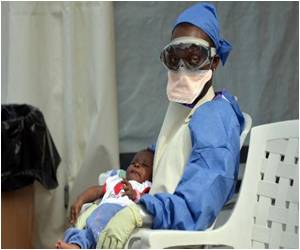Britain's foreign secretary has admitted that the global response had been too slow even as he announced plans for hundreds of Ebola treatment beds in Sierra Leone.

"We've come in here from a standing start. We've got a couple hundred beds up and running already," said the minister, wrapping up a one-day trip for talks with President Ernest Bai Koroma.
"We are going to have the committed number of beds delivered by the middle or end of January. That's a pretty impressive performance... This was jungle just a few weeks ago."
Hammond conceded that it had taken western governments "longer than we would have liked to mobilise" in west Africa, which has seen more than 5,000 deaths from Ebola since December in the worst outbreak on record.
But he added that Britain had "gripped the situation here in Sierra Leone -- we've brought resources in".
Some beds had already been announced but it was the first time Britain had committed itself publicly to the tight deadline.
Advertisement
"You are looking at a building project here, including a lot of work on the ground, that probably would have taken nine months to do in normal conditions, being done in four five six weeks."
Advertisement
Britain is taking the international lead role in tackling Ebola in Sierra Leone due to its historic links with its former colony, which gained independence in 1961.
A civilian-staffed military medical support ship arrived in Freetown last month with materials to build medical units and help keep them supplied.
Some 80 medics and 80 marines were among the 350 people on board, bringing the total British deployment to fight Ebola in Sierra Leone to about 800 people.
Source-AFP










